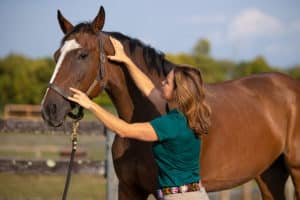
Diagnosing and Treating Poll Pain in Horses
Poll pain can cause performance, behavior, and welfare issues for horses. Learn how vets diagnose and treat it.


Poll pain can cause performance, behavior, and welfare issues for horses. Learn how vets diagnose and treat it.

A survey found riders’ helmets are often too old, well exceeding their manufacturer-stated expiration dates.

All horses need deep sleep overnight that requires lying down completely. Stall size, bedding, and stress can cause horses to get insufficient rest.
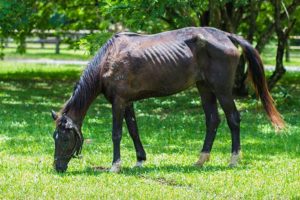
Researchers found successful recovery from starvation improved with each full-point increase in condition on the nine-point body condition scale.
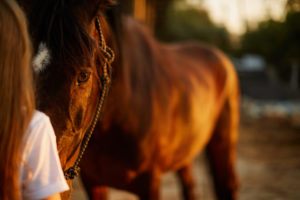
Researchers explored the bonds people have with their horses and how that affects care, ownership change, and end-of-life decisions.

Researcher: As “sharper tools,” riders should use bits for communication with horses, not pain. Training the hands holding reins attached to the bit is important.

Understanding that horses view different sides of objects as entirely new means we can desensitize them to everyday objects from all angles for better safety and welfare, the researcher says.
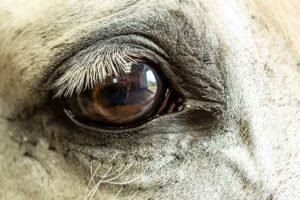
Researchers used genomic sequencing to identify fungi living in healthy eyes and found differences between pastured and stalled horses.

Italian researchers found higher-placed haynets significantly shorten horses’ back muscles and change their jaw angles as they eat.

Study: Working horses in moderately low-oxygen conditions—typical of slightly higher altitudes—could lead to more endurance and better race times for Thoroughbreds.

Learn how your horse’s internal thermostat works in extreme heat and ways to keep him cool.
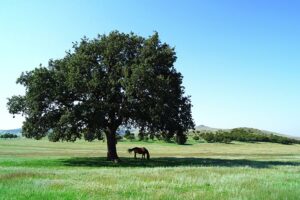
Researchers gave horses access to shade and misting curtains on hot days. How the horses used them depended on the individual.

Island horses have the same health and welfare needs as any horse, but where they live presents a unique set of advantages and disadvantages for their owners and veterinarians.

An Italian study shows horses know horse faces in photos, but not faces of other animals. The finding reveals information about how horses see 2D images.
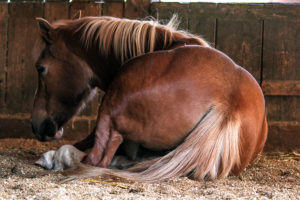
Fasting a horse overnight prior to giving an omeprazole dose to treat ulcers improves treatment outcomes, especially for glandular ulcers, a researcher found.

Researchers monitored mares’ heart rate responses to sounds of certain predators. Here’s what they found.
Stay on top of the most recent Horse Health news with